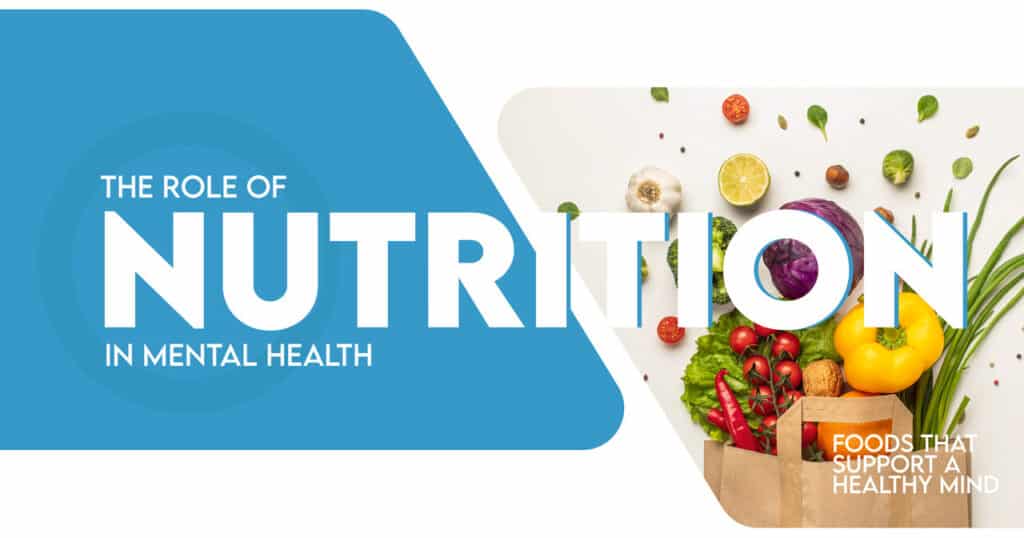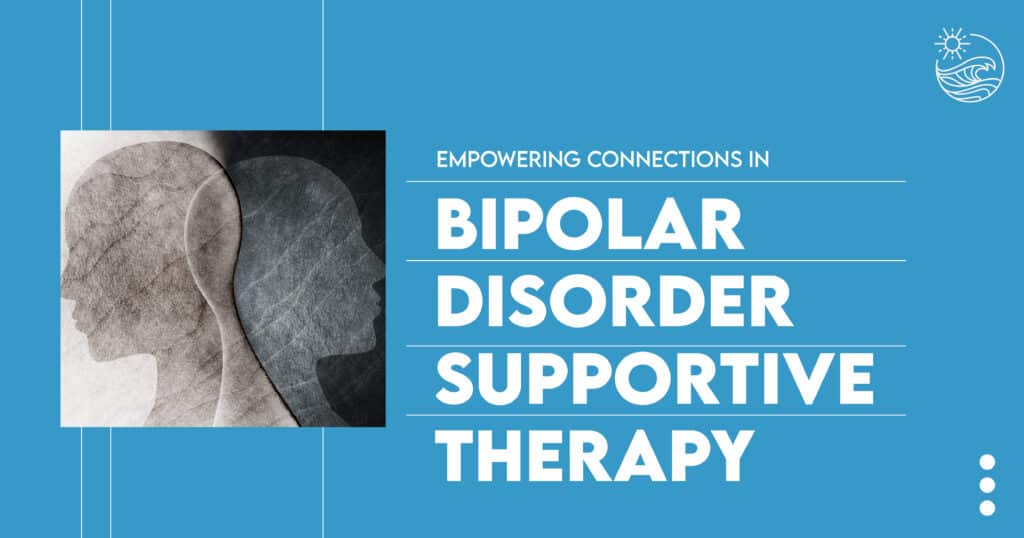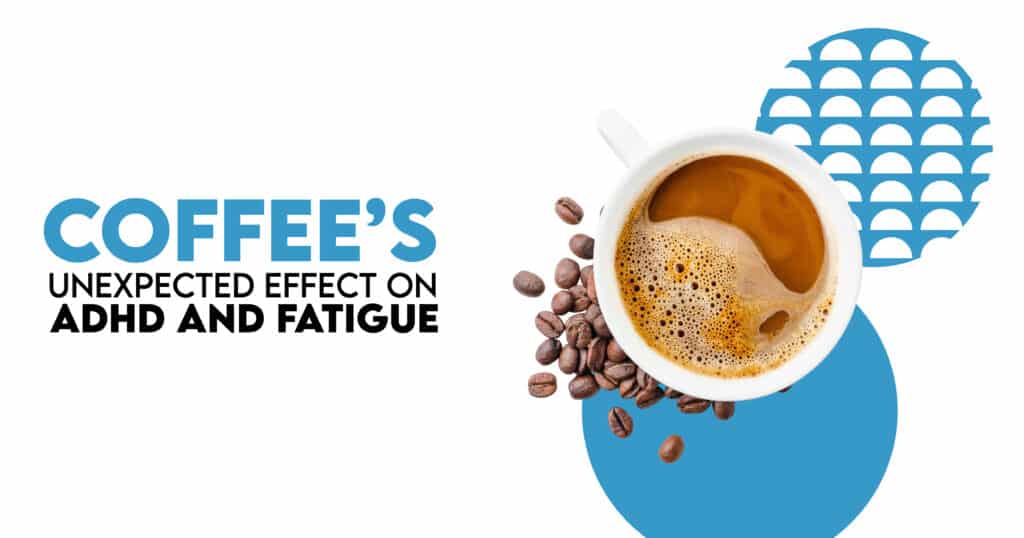Hey there! Ever felt like your mind’s in a bit of a fog, or maybe your mood’s just not where you want it to be? You might be surprised to learn that what you eat plays a huge role in how you feel. That’s right—nutrition isn’t just about fueling your body; it’s also about nurturing your mind. Let’s dive into how the right foods can support a healthy mind and explore some practical tips to help you feel your best.
Essential Takeaways
- Nutrition and Mental Health are Linked: What you eat has a significant impact on your mental health. Nutrients from food support brain function and mood regulation, so incorporating a variety of nutrient-rich foods can improve your overall well-being.
- Focus on Key Nutrients: Omega-3 fatty acids, B vitamins, antioxidants, magnesium, and amino acids play crucial roles in supporting mental health. Include foods rich in these nutrients in your diet to boost mood and cognitive function.
- Adopt a Holistic Approach: Nutrition is just one aspect of mental well-being. Combine a balanced diet with regular exercise, quality sleep, and effective stress management to achieve a healthier mind and body.

Understanding the Connection Between Nutrition and Mental Health
How Diet Impacts Mental Health
Let’s start with a simple truth: what you eat affects how you feel. It’s not just about the occasional comfort food or quick snack. Our diet has a profound impact on our mental well-being, and understanding this connection can be a game-changer for those looking to boost their mood and overall mental health.
Nutrition influences brain function in several ways. For starters, nutrients from food are used to produce neurotransmitters, the brain’s chemical messengers that regulate mood, focus, and overall mental clarity. A deficiency in key nutrients can disrupt this balance, potentially leading to symptoms of depression, anxiety, or even depression.
Additionally, the Gut-brain Axis—a fascinating link between our digestive system and brain—shows how our gut health directly impacts our mental state. A diet rich in fiber, healthy fats, and antioxidants supports a healthy gut microbiome, which in turn supports better mental health. This is especially relevant for those experiencing mental disorders, such as bipolar disorder and anxiety disorders, as a healthy diet can mitigate some symptoms of anxiety and improve emotional health.
The Science Behind Food and Mood
Recent studies have shed light on the connection between diet and mental health. For instance, observational studies have shown that diets high in refined sugars and ultra-processed foods are associated with a greater risk of depression and anxiety. On the flip side, diets rich in fruits, vegetables, whole grains, and lean proteins are linked to better mental health outcomes.
A landmark study published in JAMA Psychiatry found that people who follow a Mediterranean-style diet—a diet rich in fruits, vegetables, nuts, olive oil, and fish—have a lower risk of developing major depression. This is a prime example of how what we eat can influence our mental health and how dietary interventions can play a crucial role in addressing depressive symptoms.
Essential Nutrients for Mental Health
Omega-3 Fatty Acids
The Role of Omega-3s Omega-3 fatty acids are essential for brain health. They help build and repair brain cells and are crucial for maintaining optimal brain function. These fats are also known for their anti-inflammatory properties, which can help reduce symptoms of depression and anxiety.
Sources of Omega-3s So, where can you find these mood-boosting fats? Fatty fish like salmon, mackerel, and sardines are excellent sources of omega-3s. If you’re not a fan of fish, you can also get omega-3s from flaxseeds, chia seeds, walnuts, and algae-based supplements. It’s important to note that including omega-3 polyunsaturated fatty acids in your diet can help improve athletic performance and support mental clarity.
B Vitamins
Importance of B Vitamins B vitamins play a critical role in brain function and mental health. Vitamins like B6, B12, and folate (B9) are involved in the production of neurotransmitters such as serotonin and dopamine, which help regulate mood. Deficiencies in these vitamins have been linked to increased risk of depression and cognitive decline.
Sources of B Vitamins To boost your B vitamin intake, incorporate foods such as whole grains, legumes, eggs, and leafy greens into your diet. For B12 specifically, which is found primarily in animal products, consider fortified foods or supplements if you’re vegetarian or vegan.

Foods That Boost Mental Health
Fatty Fish
Why Fatty Fish? Fatty fish like salmon and mackerel are packed with omega-3 fatty acids, which are essential for maintaining brain health and reducing inflammation. Regular consumption of these fish can support mood stability and cognitive function.
How to Include Fatty Fish in Your Diet Aim to include fatty fish in your diet at least twice a week. You can enjoy it grilled, baked, or even in a delicious fish stew. If you’re not a fan of fish, consider taking an omega-3 supplement after consulting with your healthcare provider.
Leafy Greens
Benefits of Leafy Greens Leafy greens are nutrient powerhouses. They provide essential vitamins and minerals, including folate, which is crucial for mental health. Folate helps produce neurotransmitters and supports overall brain function. Consuming a variety of leafy vegetables can significantly contribute to improving psychological distress and overall emotional well-being.
Incorporating Leafy Greens Add spinach, kale, or Swiss chard to salads, smoothies, or sauté them as a side dish. The versatility of leafy greens makes them easy to incorporate into your daily meals.

Building a Balanced Diet for Mental Wellness
Meal Planning and Preparation Tips
Plan Your Meals Planning your meals can help ensure you include a variety of nutrient-rich foods that support mental health. Create a weekly meal plan that incorporates omega-3-rich fish, leafy greens, whole grains, and a variety of fresh fruits and vegetables.
Prepare in Advance Prep your meals ahead of time to make it easier to stick to your nutrition goals. Cook and store meals in advance so you always have a healthy option ready when hunger strikes.
Balancing Macronutrients
Importance of Balance Balancing macronutrients—carbohydrates, proteins, and fats—is essential for mental health. Carbohydrates provide energy, proteins support neurotransmitter function, and fats (especially omega-3s) are crucial for brain health.
Practical Tips Include a source of protein in every meal, choose whole grains over refined grains, and incorporate healthy fats from sources like avocados and nuts. This balance helps maintain stable blood sugar levels and supports overall mood stability.
Lifestyle Factors That Complement Nutrition
Regular Exercise Benefits of Exercise Exercise is a powerful tool for supporting mental health. It boosts endorphins, which are natural mood lifters, and helps reduce stress and anxiety. Regular physical activity also supports cognitive function and overall well-being.
Incorporating Exercise Find activities you enjoy, whether it’s walking, cycling, or yoga. Aim for at least 30 minutes of moderate exercise most days of the week to reap the mental health benefits.
Conclusion
Embracing a Holistic Approach to Mental Health Nutrition plays a crucial role in mental health, but it’s just one piece of the puzzle. Embracing a holistic approach that includes a balanced diet, regular exercise, quality sleep, and effective stress management can lead to a healthier mind and body.
Ready to make a change? Start by incorporating some of these brain-boosting foods into your diet today. Share your journey with us and join our community for more tips and support on maintaining a healthy mind. Don’t forget to subscribe to our newsletter for the latest updates and resources!
FAQs
- How long does it take to see the effects of dietary changes on mental health? The impact of dietary changes on mental health can vary from person to person. Some people may notice improvements in mood and energy levels within a few weeks, while others may take a few months. Consistency is key, and combining dietary changes with other healthy lifestyle habits can lead to better results.
- Can a poor diet really cause depression or anxiety? Yes, a poor diet can contribute to the development or exacerbation of depression and anxiety. Diets high in refined sugars, unhealthy fats, and processed foods can negatively impact brain function and mood. On the other hand, a balanced diet rich in essential nutrients supports mental well-being.
- Are there any foods I should avoid for better mental health? Yes, avoiding or limiting foods high in refined sugars, unhealthy fats, and processed ingredients can benefit your mental health. These foods can lead to fluctuations in blood sugar levels and contribute to inflammation, which may negatively impact mood and cognitive function.
- How can I ensure I’m getting enough of the right nutrients in my diet? To ensure you’re getting the right nutrients, aim for a varied diet that includes a range of fruits, vegetables, whole grains, lean proteins, and healthy fats. Consulting with a registered dietitian can also help you create a personalized nutrition plan tailored to your specific needs.
- Can supplements be used to support mental health if I can’t get enough nutrients from food? Supplements can be helpful if you’re unable to get enough nutrients from food alone, but they should not replace a balanced diet. Consult with a healthcare provider before starting any supplements to ensure they’re appropriate for your individual needs.








